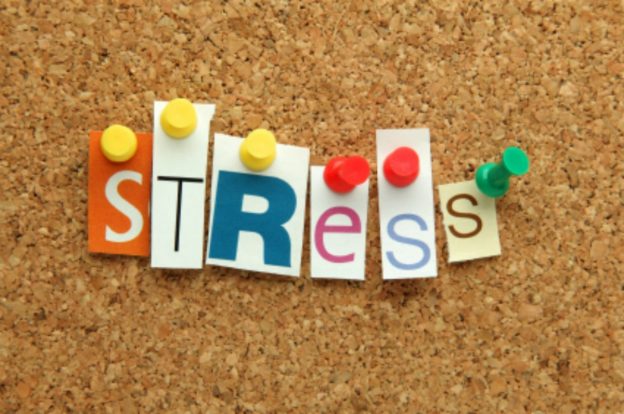Mark Hedberg, DrMedVet MRCVS
Ask anybody about stress in their job and you’ll get responses ranging from eye-rolls to the classic dry humor that Britain is famous for. Long hours, high stress situations (emergencies or unplanned extra work!!) and poor pay (the UK National Minimum Wage is less than £12,000/pa after tax1) combine to make working in today’s economy a highly stressful occupation. High levels of stress are known to affect mental health and physical health severely. Increased sick time, medical issues, depression, and even workplace accidents have been linked to high levels of workplace stress.
Health Canada published a guide2 in 2000 on Stress Risk Management, which summarized a great deal of research on the effects of stress on the human body. Their research found that an unhealthy workplace doubled your risk for substance abuse, your risk of heart disease, back problems, mental health issues, workplace conflict, infections, and injuries was tripled, and your risk for ‘certain cancers’ was up to five times worse. (For reference, a health workplace is one that provides good organizational culture, good physical environment, and good personal health resources – whether mental or physical health.)
Reducing stress isn’t always simple, but it’s not impossible. Tips and strategies do exist but it doesn’t mean rushing out to get an MBA. You can start with something as simple as planning and organizing your work before doing it. Sound obvious? When you’re next at work, take a look at how you do your job. Is there a better way to do things? Can you switch around tasks to make things flow smoother? Order a part to arrive a day sooner or later? To really cut down on stress, schedule that meeting for a Tuesday instead of a Monday!
Selling ‘Management’ is rarely easy – it isn’t as ‘cool’ as the technical aspects of whatever profession you are in. Bosses the world over prefer to ‘just get things done’. Is that the right answer? Consider that when you have a better managed workplace, your team is happier, more productive, and people stay with you for longer. So in actual fact, ‘management’ training has helped you ‘just crack on’ better than you would have otherwise, at a lower cost do your team’s physical and mental health. Do it – for the well-being of you and your team. After all, ‘the life you save may very well be your own.’
Want to know more about managing you team effectively? Check out The College of Animal Welfare’s ILM accredited Leadership and Management Courses or call 01480 422060 for more information.
References:
- http://www.gov.uk/national-minimum-wage-rates
- Health Canada, Best Advice on Stress Risk Management in the Workplace (http://www.mentalhealthworks.ca/sites/default/files/stress-part-1_e.pdf)

